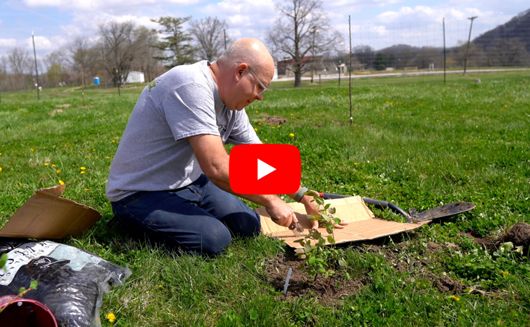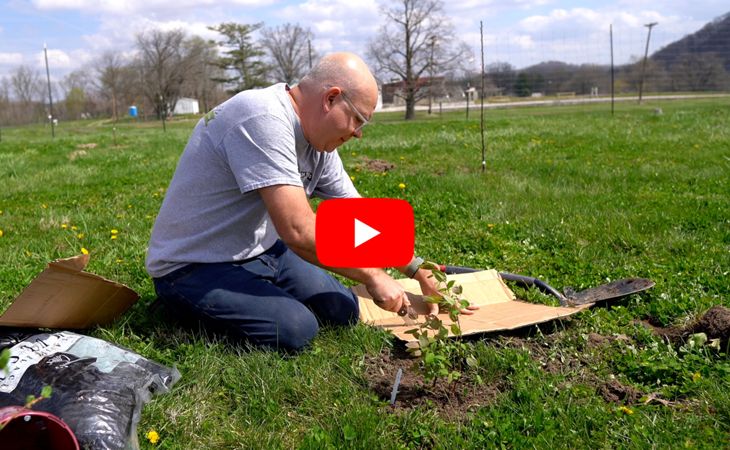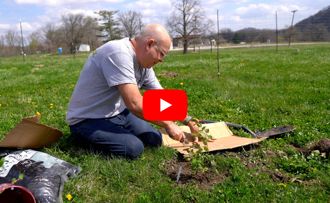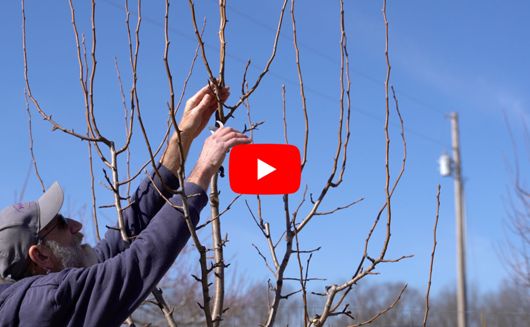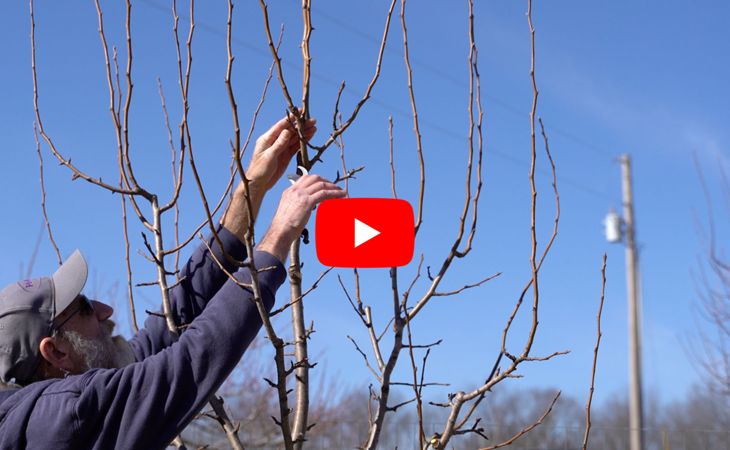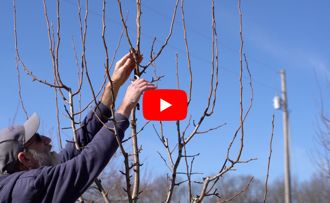Fertilizing Honeyberry Plants
Fertilizing is an excellent way to replenish the nutrients in your soil, most commonly nitrogen. Nitrogen encourages the green leafy growth and stems, which ultimately feed and support future fruit when your honeyberry plants in their fruit-bearing years. In addition to, or as an alternative for, fertilizers, spring cultivation and summer mulching are also beneficial to the soil.
We strongly encourage you to test your soil prior to applying any fertilizers. Different soils can contain varying amounts of native elements that are necessary to support honeyberry plant growth and development. If you test your soil and discover that it lacks any necessary nutrients (nitrogen, phosphate, potassium, etc.), be sure to choose a fertilizer that supplements the soil’s nutrient deficiency.
Learn more about your soil and discover the importance of soil testing prior to adding any fertilizers.
Most garden soils contain the nutrients honeyberry plants need to grow; however, if your soil test confirms a nutrient deficiency, here are some things to know about fertilizing honeyberry plants.
NOTE: This is part 6 in a series of 11 articles. For a complete background on how to grow honeyberry plants, we recommend starting from the beginning.
Honeyberry plants like a well-balanced fertilizer, so a mild 5-5-5 or 10-10-10 should be used during the growing season. Fertilize evenly within the root zone and avoid placing fertilizer near the crown or central stem of the plant.
Fertilizer Information
- Fertilizers – both synthetic and organic (naturally derived) – are soil amendments labeled with a “guaranteed analysis” of nutrients like Nitrogen (N), Phosphate (P), and Potash (K).
- Alternately, there are organic soil amendments, like compost and aged/rotted manure. They are used like fertilizers, but they are not technically fertilizers. You can make your own organic soil amendments like compost out of food or garden scraps, or even find compost, manure, and other organic soil amendments from a trusted local source. While these help add nutrients to the soil to support your honeyberry plants’ growth, they will not have a “guaranteed analysis” value.
When to Fertilize Honeyberry Plants
- Typically, fertilizers are used during the growing season, as soon as the soil is workable in early spring and stopping by July 1*. For any specific fertilizer application instructions, always refer to the information printed on your product’s label. Be mindful that local advisories on fertilizing may be in effect during different times of year. For the sake of your local environment, please adhere to these restrictions.
*To prevent the chance of injury as the growing season winds down, do not fertilize past July 1st as a general rule.

